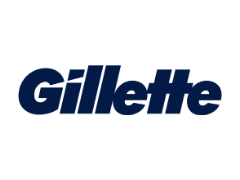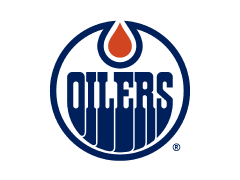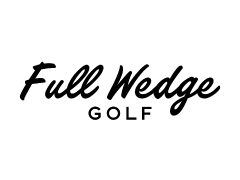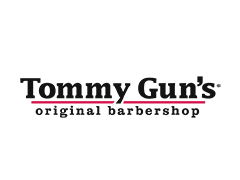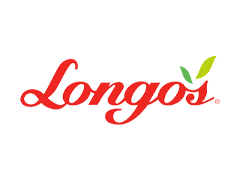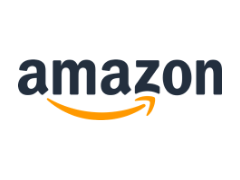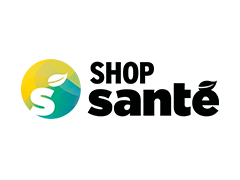“Male suicide is strongly predicted by unemployment, social isolation, financial distress and relationship breakdown. Many of these factors are already here or, are on the horizon, for significant numbers of men." - Michelle Terry, Movember CEO
Male suicide is one of the great health crises of our time. Three out of four suicides in Canada are by men, and globally we lose a man every minute to suicide. These rates are staggering and are no less so in our Indigenous communities. The risk of suicide in young men and boys in these communities is much greater, especially in Canada’s north where the risk is 25 times the national average. It’s because of this that, in 2015, Movember embarked on a process to fund programming aimed at mental health and suicide prevention among the Indigenous community in Canada.
Over the last five years, Movember has funded a number of pilot programs, with several of these demonstrating incredible outcomes. As a result, several streams of this programming have continued with plans to further expand and scale across Canada, Australia and New Zealand. This expansion has started primarily in the men’s social inclusion programming stream, what is known as Movember Bros Groups and the Land-Based Programs, connecting communities back to their traditional ways of knowing and being.
From these initial pilots, that continue to be Indigenous-led and directed, Movember set-out to support the re-establishment of traditional land-based ways of harvesting, what is now called the Land-Based Program. This program started as The Young Hunter’s Program which matched disengaged youth with elders and hunters in the community as a way of passing on traditional ways of knowing and supporting food security issues in Arviat, Nunavut. This Land-Based Program, in partnership with the Aqqiumavvik Society, continues to operate with some of those same youth, elders and hunters now mentoring to a new group of disengaged men under 30, with an aim of not only continuing to highlight suicide prevention but capacity building and overall survival of the community.

With the introduction of COVID-19, many Indigenous services and systems have been forced to adapt to better meet the changing needs of the community during the crisis. While at this time there have been less COVID-19 cases in the north, with limited exposure to viruses and thus lower immunity, the risk to the Indigenous population in this area continues to be very high. As a precautionary measure, some communities have blocked roads and closed borders in the hope that it will stop COVID-19 carriers from infecting the local people. The Arviat group, however, has chosen to take a very different approach.
Understanding the potential risk to their people, on March 20th, 2020, Arviat leaders chose to send their Land-Based Program participants, along with other members of the community, out onto the ice. Participants will be out on the land for two to three weeks in hopes that, should the virus travel north, the group will be away and protected. Their time on the ice will continue their education and will include a number of traditional experiences such as igloo making, wolf, muskox and caribou hunting, fishing, ice and land surveying.
It is through Movember’s initial funding to support the retention of land-based knowledge that the Aqqiumavvik Society is now poised to send their youth and men out, helping to avoid furthering the impacts of COVID-19 in the northern region. Kukik Baker, Executive Director of the Land-Based Program notes, “in these difficult times, being able to go on the land is not only providing physical safety and wellbeing, it is providing a unified bond between the men and with the land, supporting a greater sense of belonging and mental wellness by lessoning anxiety. It gives them a chance to step back from all of the things going on all around the world, to look at things differently and breathe easy for a bit.
Like the land-based programming stream, Movember’s Bros Group program has also been forced to adapt to the changing global environment. These groups are a collection of men’s clubs, of which two are currently based in Winnipeg in partnership with the local Aboriginal Health and Wellness Centre (AHWC). These Bros Groups provide local Indigenous men with the opportunity to connect weekly in a group setting. The program focuses on social connectivity and aims to support suicide prevention by encouraging participating men to take part in social activities based on traditional culture.
With social distancing an important aspect of our new reality, the BROS Groups too have been forced to adjust, finding unique ways to operate and continue to serve and build on the bonds created through the group programming, while respecting social distancing. “Switching up our programming is nothing new for the Indigenous community,” says AHWC Executive Director Della Herrera. “We are using the values of sharing and kindness that has helped us endure much over the years”.
In response to COVID-19, the team will be pivoting services, acting as a food distribution site for Indigenous men, providing bagged meals along with activity packages that aim to keep the mind busy and reducing feelings of anxiety and uncertainty. They are still encouraging men to continue to safely meet with their cultural advisor while respecting physical distancing measures, to ensure that mental health remains a top priority. The Aboriginal Health and Wellness Centre, who leads the local BROS groups will also be spearheading the homeless strategy for COVID-19 in Winnipeg and are one of the first homeless Indigenous testing site in the country.
"In this era of COVID-19, not only are these programs providing indigenous youth and men a way to stay socially active and engaged but highlight cultural tradition as a beacon of light during an uncertain time," notes Sonia Prevost-Derbecker, Global Director of Movember Indigenous Programs. With the insecurity around northern supply chains, the Land-Based Program provides the opportunity for youth and men to hunt and bring sustenance back to their community and elders. It affirms to the participants that this traditional way of being is honourable and provides an opportunity to help the men rediscover their place within the community. The Winnipeg-based BROS Groups continue to empower local indigenous men to not only prioritize their physical health but their mental health as well and provide a safe space for them to explore their own traditions and culture.
All of this is part of the individual and community healing process and a great example of the renewed relationship Movember is engaged in with Indigenous communities across the globe



